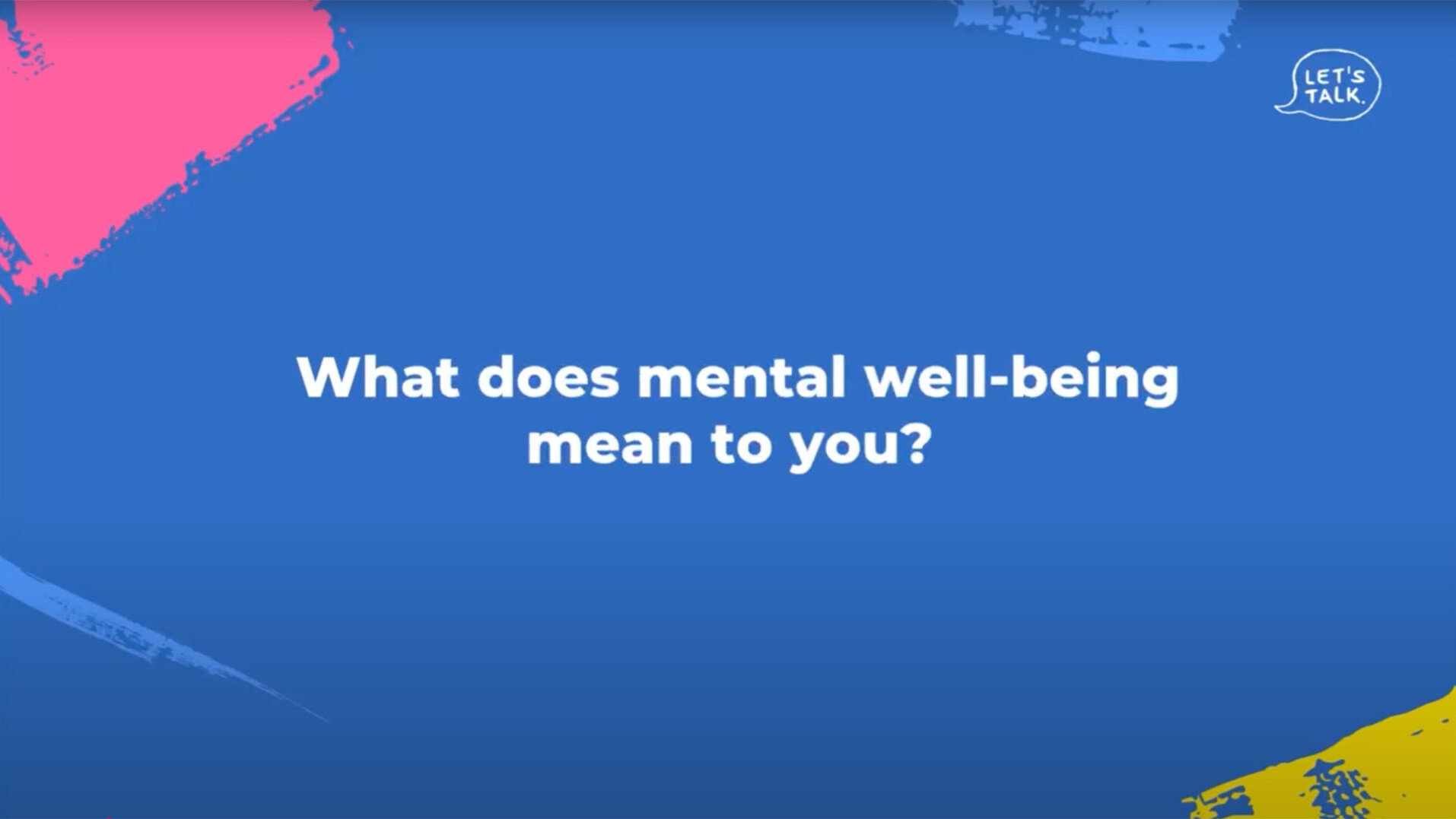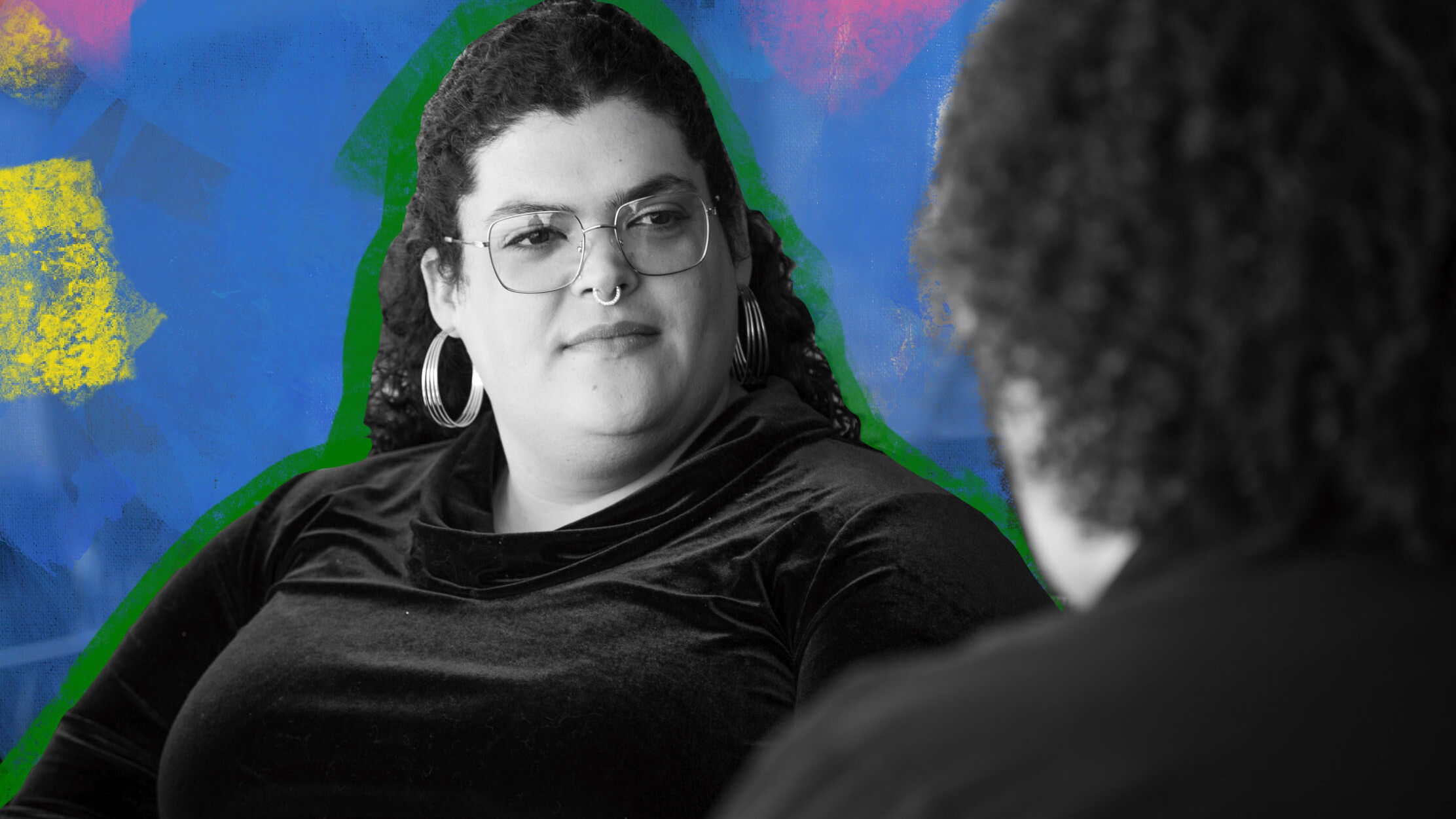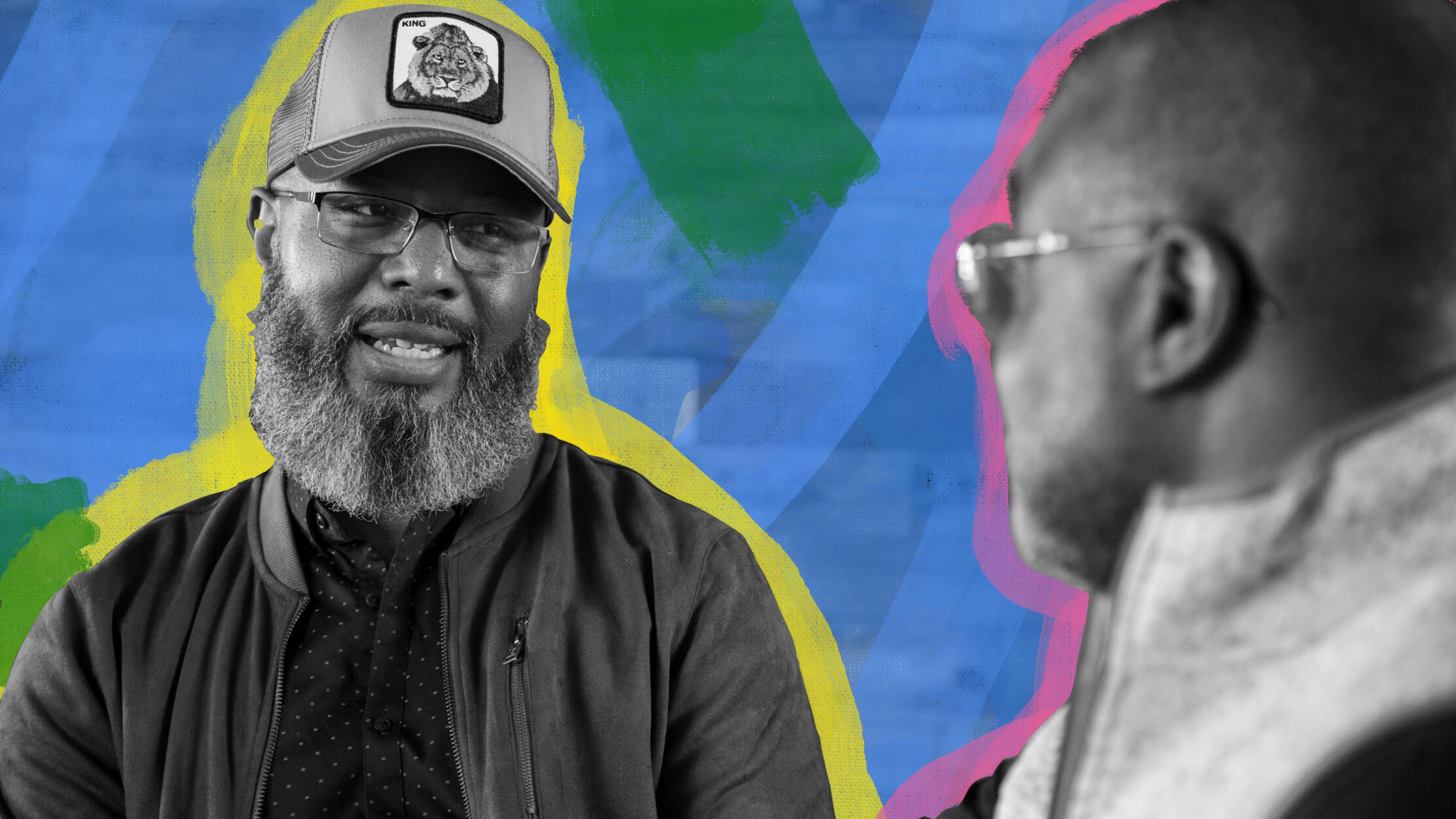Mental well-being is about how you feel in your mind and body and how you interact with those around you. It means being able to handle life’s ups and downs, stay connected to others, and take care of yourself. It’s not just about feeling “okay” or “fine” — it’s about having the strength and support to get through tough moments and enjoy the good ones.
Mental well-being isn’t just about what’s happening on the inside — it’s shaped by your environment, life experiences, culture, and the world around you.
Where you live, your background, and your community all play a role in how you feel, influencing both positive and negative feelings. So can unseen factors, like the unique traits we inherit from our family and how the world around us reacts to those. Experiencing discrimination, racism, homophobia, or other systemic barriers can add stress, cause trauma, and affect your well-being.
These challenges are real, but by supporting one another and coming together as a community, we can help make things better.
Understanding the factors that affect our mental well-being can help us support ourselves and each other.
- Mental health conditions can affect our overall well-being. Some people struggle with mental health conditions that affect their overall well-being. For example, you might experience anxiety or depression, which can affect your sleep, focus, or how you feel and interact with others throughout the day. They can also make everyday tasks feel heavy or overwhelming.
- Life experiences shape our well-being. Everyday challenges with work, family, finances, or life changes can affect our mental well-being. Stressing over bills, worrying about kids’ grades at school, or bigger moments like moving or changing jobs all can take a toll on our mental health. So can listening to, watching, or reading the news. Trauma from past experiences can leave lasting effects on how we feel and respond to life.
- The way others react to different parts of your identity can feel especially heavy. Facing unfair treatment because of your race, ethnic background, income, gender, or who you love can be hard on your mental well-being. It can make you feel stressed, hopeless, angry, or like you don’t belong. It can also make it harder to ask for help or get the care and support you need.
While these types of challenges can affect anyone, under-resourced communities may face added barriers including accessing care when they need it.
Find Strength:
Many communities have strong support systems through family, friends, or cultural traditions. Leaning on those connections can help.
Examples:
Churches, recreational sports leagues, chosen family, barber shops, and more
You Deserve Support:
If you are feeling weighed down by these pressures, it is okay to talk about it. Talking to someone you trust can make a big difference.
NOTE:
Sharing your story and hearing from others reminds us that we are not alone in our struggles.
There Is No Single Path for Feeling Your Best
Caring for your mental well-being looks different for everyone. It could mean taking time for yourself, talking to a trusted friend, spending time with family, or doing something you love. Being part of a supportive group such as a church, neighborhood, or chosen family can also help you feel strong and connected.
No matter your story, your well-being matters. You are not alone, and there are people and resources to help. Together, we can build a world where everyone feels safe, strong, and supported.
When You or Someone Else Is Having a Crisis and Needs Help Right Away
A mental health crisis can show up in many ways. Sometimes, life feels too heavy, and it is hard to see a way forward. Other times, it might just feel like your world is out of control.
The fact is, a mental health crisis can look different to you than someone you know.
It might include:
- Thinking about or having a plan to hurt yourself or others
- Feeling hopeless, scared, or unable to cope
- Being so overwhelmed you feel unable to move forward
- Feeling like you do not have the energy to attend to daily tasks, like going to work or caring for children
- Shutting down or withdrawing from everyone around you
If you are feeling this way —
or if you know someone who is —
it is important to get help right away.
Every day, thousands of Coloradans from all backgrounds reach out for help when they feel like they are experiencing a crisis.
Resources include:
- Crisis support lines: Free, confidential support is available 24/7 by calling, texting or live online chatting the 988 Colorado Mental Health Line.
- Talking to someone: Sometimes, it can be hard to even know when we are in crisis. Talking to a trusted friend, family member, or community counselor like a faith leader might help you sort out what you are experiencing and direct you to the support you need.
- Clinical support: Getting clinical support, like therapy, counseling, or medication, does not mean there is something wrong with you. It means you are taking an important step toward feeling better. These resources can help you build strength and find relief from overwhelming feelings.
We know it is not always easy to get help.
Costs, language barriers, and cultural differences can make it hard. There are organizations and services that understand your unique needs, like community-based programs or counselors who you feel comfortable talking to. Here are a few resources that might support you in your search:
Psychology Today — lets you filter counselors by ethnicity, language, insurance, identity, faith, therapy style, specialty and cost.
Join a virtual support group — many social media platforms offer private groups where communities can share culturally appropriate mental health resources and support.
Search online — Search your identity, faith, or community along with terms like “mental health support” or “counseling programs.”
Check with local churches, mosques, and synagogues — many offer support groups or counseling.
Look into nonprofits that align with your values or identity — they may have programs tailored to your community.
Check out our resources page for more free and low-cost clinical support options.
Finding the right support matters and spending a little time searching can lead you to someone who truly gets you.
You are not in this alone — there is help for everyone.


